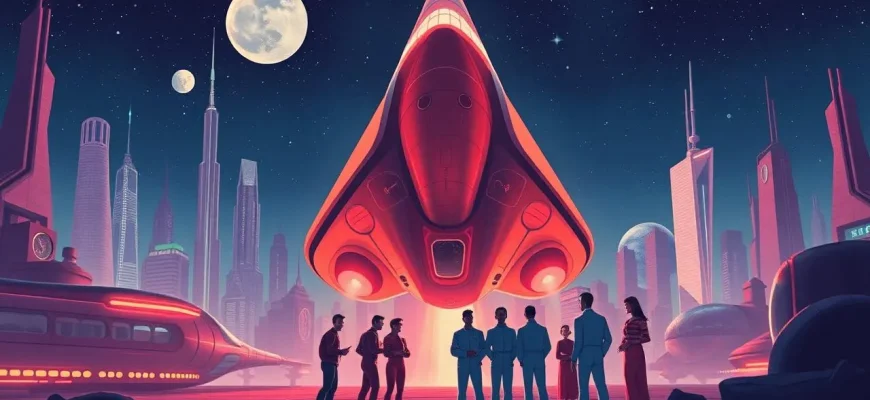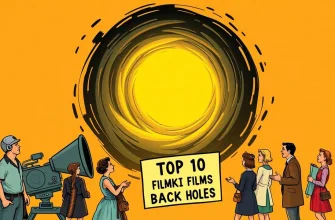If you're a fan of the vast expanse of space, the thrill of interstellar travel, and the mysteries of the universe, then this curated list of sci-fi films is just for you. These films not only explore the wonders of space but also delve into human emotions, societal issues, and the endless possibilities of what lies beyond our planet. Whether you're looking for mind-bending plots, stunning visuals, or thought-provoking narratives, these films offer a stellar experience that will leave you pondering the cosmos long after the credits roll.
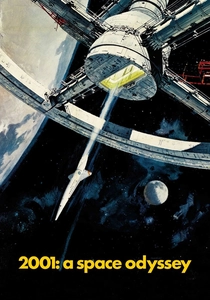
2001: A Space Odyssey (1968)
Description: A landmark in cinematic history, this film explores the evolution of humanity and the potential for extraterrestrial life, all set against the backdrop of a mysterious monolith and the intelligent computer, HAL 9000.
Fact: Stanley Kubrick and Arthur C. Clarke developed the story simultaneously, with the film and the novel being released at the same time. The film's special effects were groundbreaking for its time.
 Watch Now
Watch Now
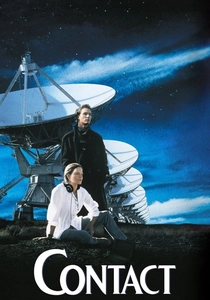
Contact (1997)
Description: Jodie Foster stars as Dr. Ellie Arroway, who receives a message from an alien civilization, leading to a profound journey that challenges her beliefs and humanity's place in the universe.
Fact: The film was inspired by Carl Sagan's novel of the same name, and he was involved in the film's production until his death.
 Watch Now
Watch Now
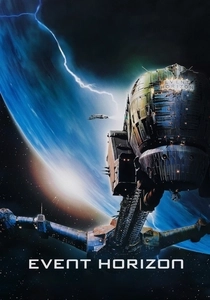
Event Horizon (1997)
Description: A rescue mission to a spaceship that disappeared into a black hole turns into a horror story as the crew encounters something beyond their comprehension.
Fact: The film was initially conceived as a haunted house story set in space, with the ship itself being the 'haunted house'.
 Watch Now
Watch Now
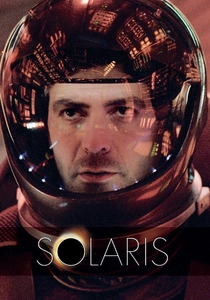
Solaris (2002)
Description: Steven Soderbergh's remake of the classic Soviet film, it explores the psychological effects of space travel and the nature of human consciousness through the mysterious planet Solaris.
Fact: The film was shot in sequence to help the actors build their characters' emotional arcs naturally.
 Watch Now
Watch Now
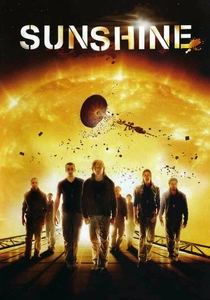
Sunshine (2007)
Description: A team of astronauts embark on a mission to reignite the dying sun, facing both physical and psychological challenges in their quest to save Earth.
Fact: The film features a scientifically accurate depiction of the sun, and the actors underwent rigorous training to simulate zero gravity conditions.
 Watch Now
Watch Now
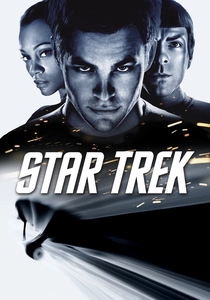
Star Trek (2009)
Description: J.J. Abrams reboots the iconic franchise with a prequel that explores the origins of the USS Enterprise crew, blending action, adventure, and the spirit of exploration.
Fact: Leonard Nimoy, who played Spock in the original series, reprised his role for this film, bridging the old and new generations of Star Trek.
 Watch Now
Watch Now
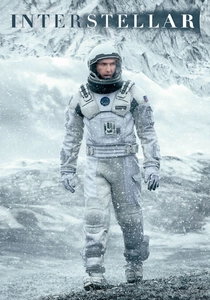
Interstellar (2014)
Description: Christopher Nolan's epic tale of astronauts traveling through a wormhole in search of a new home for humanity, showcasing the beauty and terror of space exploration.
Fact: The film was inspired by Kip Thorne's theories on wormholes and black holes, and the depiction of the black hole was based on real scientific calculations.
 Watch Now
Watch Now
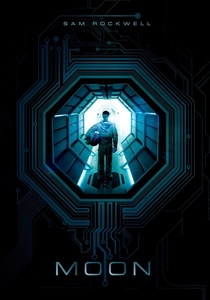
Moon (2009)
Description: Sam Rockwell gives a tour de force performance as an astronaut on a three-year solo mission on the moon, uncovering truths about his mission and himself.
Fact: The film was Duncan Jones' directorial debut, and it was shot in a studio with a scale model of the lunar base.
 Watch Now
Watch Now
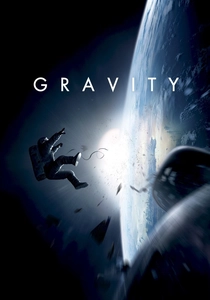
Gravity (2013)
Description: Sandra Bullock stars as an astronaut stranded in space after a disaster, delivering a gripping tale of survival and the human will to live against all odds.
Fact: The film was shot in a way to simulate zero gravity, with Bullock and Clooney often suspended in harnesses for long periods.
 Watch Now
Watch Now
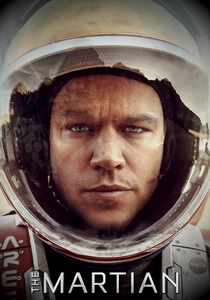
The Martian (2015)
Description: Based on Andy Weir's novel, this film follows astronaut Mark Watney's struggle to survive on Mars after being left behind by his crew, showcasing the ingenuity and resilience of the human spirit.
Fact: The film's science was reviewed for accuracy by NASA, and real scientists were consulted to ensure the portrayal of Mars was as realistic as possible.
 Watch Now
Watch Now

